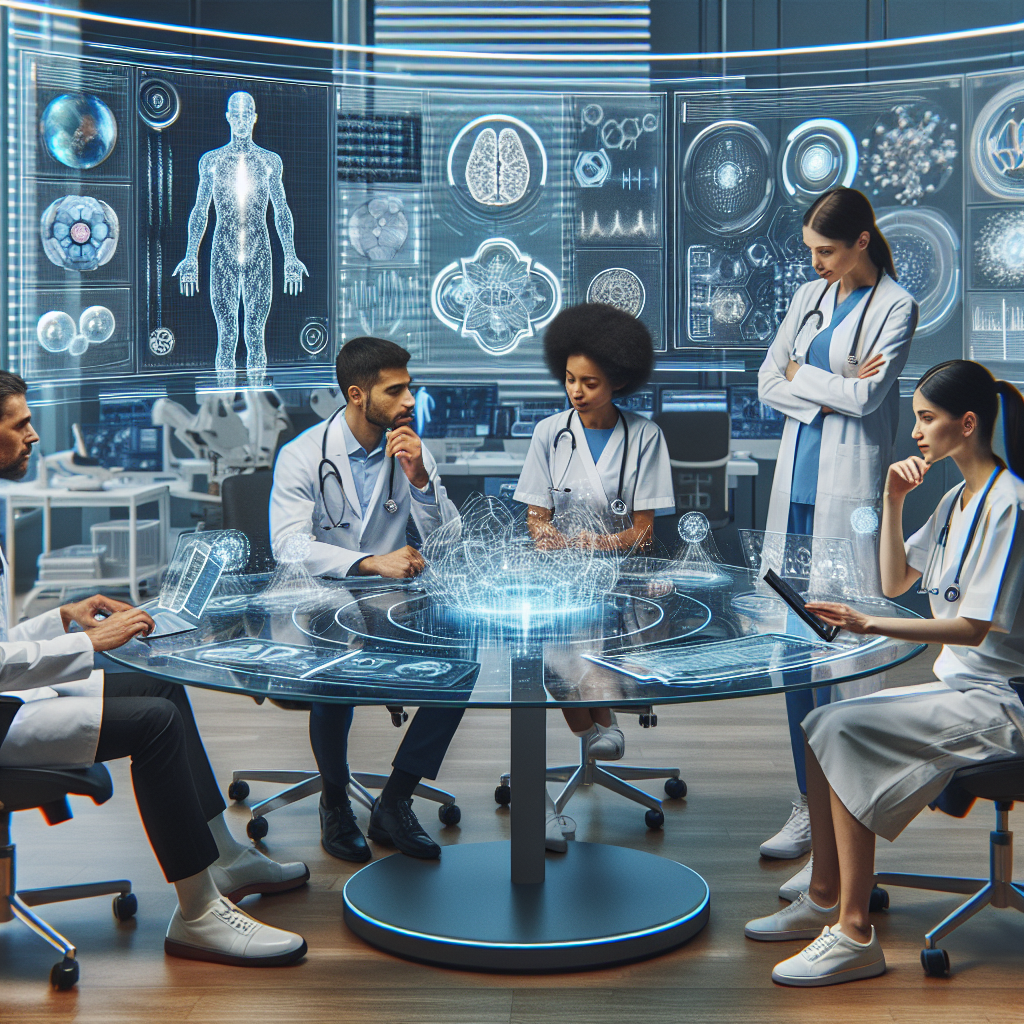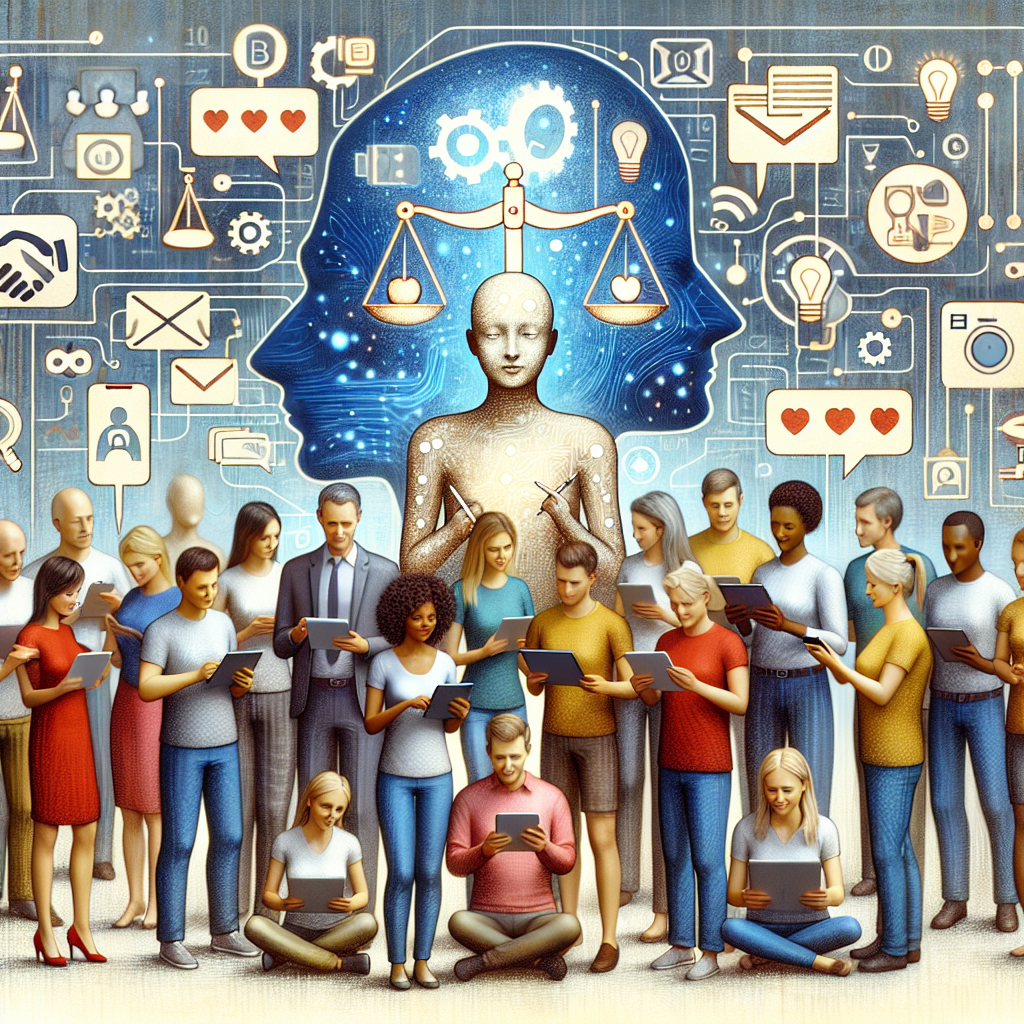OpenAI, a leading entity in artificial intelligence research, has recently unveiled its much-anticipated GPT-5 series of AI models, described as a “frontier” technology aimed at significantly enhancing capabilities in coding, healthcare, and creative writing. The announcement, detailed extensively in an article titled “OpenAI Announces GPT-5 Family of Frontier AI Models With Improved Performance in Coding, Health, and Writing” published by Startup News, sets a new benchmark in the evolution of artificial intelligence technologies.
The GPT-5 encompasses a series of models that build upon the successes of their predecessors by integrating more advanced learning functionalities and broader data processing capabilities. According to OpenAI, the improvements are largely owed to breakthroughs in algorithmic efficiency and training techniques which enable the models to understand and generate human-like text with unprecedented accuracy.
In the realm of coding, GPT-5 aims to empower programmers by refining code suggestion algorithms. This enhancement is not just about spotting errors or suggesting optimizations; it encompasses understanding project contexts, thereby elevating code development tools to strategic partners in software creation. The implications here stretch towards potentially reduced development times and a democratization of coding skills, providing an invaluable asset for both seasoned developers and those new to the field.
Healthcare applications are particularly promising, as GPT-5 introduces capabilities that could revolutionize patient care through advanced diagnostic systems and personalized treatment plans. Initial reports suggest that the model can analyze vast quantities of medical data rapidly, offering insights that are both data-driven and contextually tuned to individual patient histories. This aspect of GPT-5 is seen as a step towards more personalized medicine and could significantly assist in areas like drug development and epidemic tracking.
The creative arts will also see a transformation with GPT-5’s enhanced writing models, which provide tools that can aid in everything from drafting articles to creating complex literary narratives. While some professionals in the field express concerns regarding the authenticity and ethics of AI in art, the potential for these tools to serve as assistants in the creative process is undeniable. They promise to offer new ways to inspire human creativity, enabling writers to explore narrative structures and themes that they may not have considered previously.
The ethical dimension of such advanced AI technologies continues to be a point of discussion and concern. OpenAI acknowledges the importance of establishing strong ethical guidelines to govern the use of GPT-5. Ensuring that AI advancements benefit society without compromising individual rights or privacy remains a priority. The organization has expressed its commitment to transparency and collaboration with regulatory bodies to navigate the ethical landscapes that accompany such groundbreaking technologies.
Furthermore, OpenAI’s leadership in the development of generative models like GPT-5 underscores the competitive landscape of AI research, where companies are not only looking to innovate but also to responsibly manage the implications of such technologies on society. As AI becomes increasingly woven into the fabric of everyday life, the questions about its role and impact continue to provoke both wonder and cautious scrutiny.
In conclusion, the advent of GPT-5 by OpenAI marks a significant milestone in artificial intelligence development, promising profound changes in coding, healthcare, and creative writing. How these tools will be integrated into professional practices and daily life will be closely watched by various stakeholders in the tech community and beyond, bearing implications that are as broad and deep as the technologies themselves.



